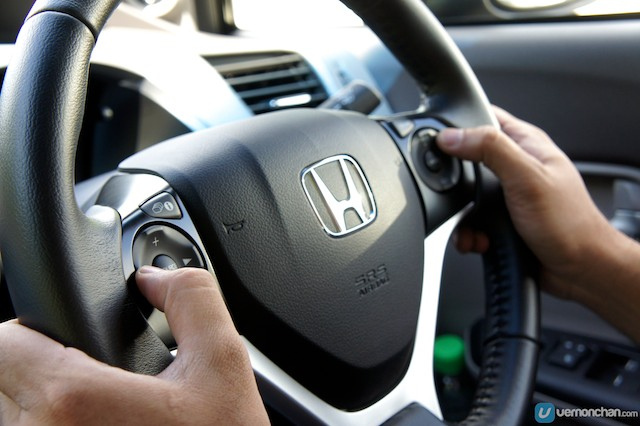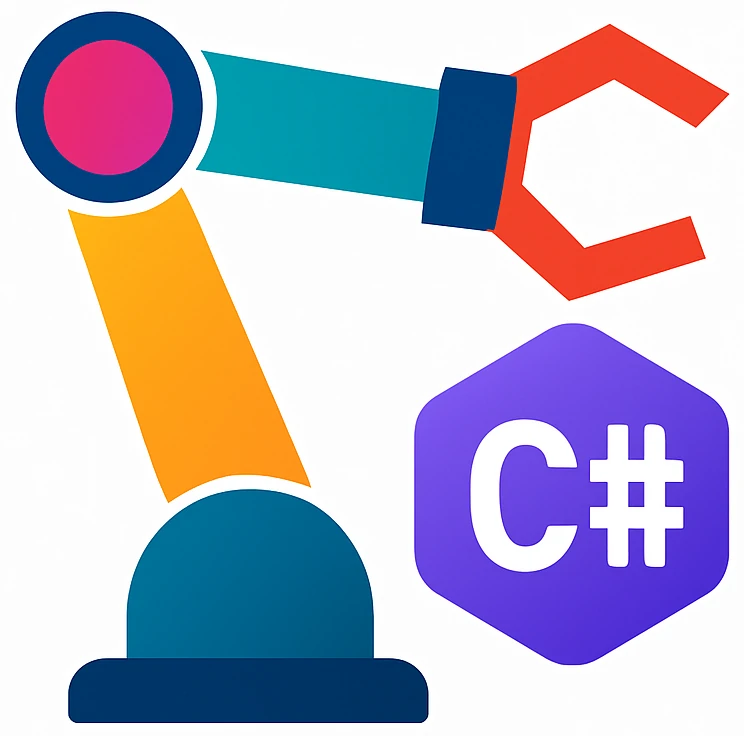Industrial control#
Problem#

Fig. 12 25 Oct. 1969 - Commander of the Apollo 12 lunar landing mission, sits in the cockpit of a Lunar Landing Training Vehicle (LLTV) during a lunar simulation flight at Ellington Air Force Base.
Public domain. By NASA Johnson Space Center. Source: Wikimedia Commons#
Various control systems#
Mechanical ⚙️#

Fig. 13 Steam engine using a centrifugal governor
CC BY-SA 3.0. By Panther. Source: Wikimedia Commons#
Electronic 💻#

Fig. 14 A chip on an Arduino board
Public domain. By DustyDingo. Source: Wikimedia Commons#
Manual 🤹🏼#

Fig. 15 Human hands on a car steering wheel
CC BY 2.0. By Vernon Chan. Source: Wikimedia Commons#
Type |
Pro 👍 |
Con 👎 |
|---|---|---|
Mechanical ⚙️ |
simple, reliable |
bulky, complex systems not feasible |
Electronic 💻 |
flexibility through programmability (computers), small |
complex, reliability |
Manual 🤹 |
very flexible, can cope with an unknown environment |
costly, unreliable for repetitive tasks |
Regardless of the method, we use typically electrical wires and electronics to connect all systems together.
Exercise 2
As an engineer in the R&D department of the space agency you are designing the following subsystems of a lunar lander:
a sensor for pointing the antenna to the world 📡
subsystem for traveling from space to moon’s proximity
subsystem for landing on the moon 🛬
For these scenarios:
pick one control method
explain with an example how electronics (and computers) can help in this scenario
Steps:
2 min Individual work
2 min Discuss with your partner
1 min Write down your result and keywords so that you can explain that later
We will discuss one solution together
From now on we assume that we use a programmable electronic system to solve our problem.
